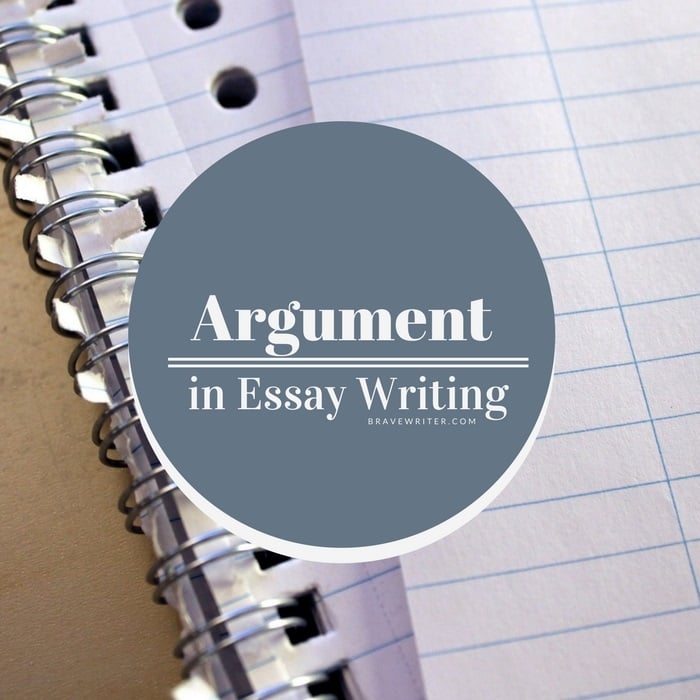One of the pleasures of teaching teens is that they go off into the world in a relatively short amount of time and then come back to tell you how your teaching did or didn’t make a difference in their lives.
Just the other day, after running at the YMCA, I ran into “Sara.” She took many of my writing classes and I even had the joy of privately tutoring her for awhile. Sara has always used writing to express her ideas, even as a young child trying to sort out whether or not the geological record supported an old or young earth theory. As a teen, she enjoyed fantasy so much, she embarked on writing her own novel and I got to read her first draft.
So there she was, in her red T-shirt holding the lifeguard floatie when she spotted me. “Mrs. Bogart?”
“Sara? Oh my goodness. How are you? Did you go off to college?”
“As a matter of fact yes. I am at the Art Institute downtown.”
“That’s marvelous! You were always so good at drawing.”
“But that’s not all. I was accepted into the Honor’s Writing program.”
She beamed.
I beamed.
We didn’t need to say any more.
We both knew that our work together had just been rubber stamped with “ya done good.” I’m so proud of Sara. And she seemed proud of me, too.



















